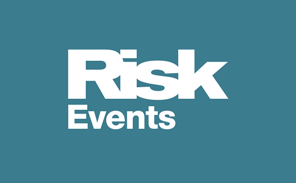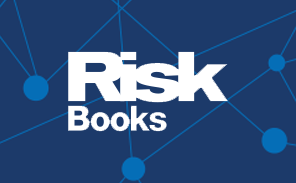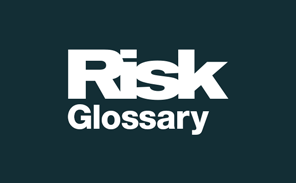Crisis risk management in banking
View AgendaKey reasons to attend
- Build confidence in establishing clear communication during a crisis
- Improve immediacy of response through planning
- Understand the importance of preparation
Customised training
Does your team require a tailored learning solution?
We partner with leading tutors and Risk.net’s editorial team to design learning solutions that drive real impact for your team, every step of the way.
About the course
This course, aimed at helping small to medium-sized banks, will strengthen participants understanding of effective and efficient crisis management, and provide them with tools for creating a plan for information flow, decision-making and managing emerging issues during times of instability.
Designed to enhance participants foundational knowledge of crisis risk management, tutors will guide participants in the exploration of best practices for building confidence internally and externally while establishing clear roles and responsibilities for all stakeholders. Participants will also discuss strategies for mitigating reputational damage and decision-making.
This course will conclude by aiding participants in the analysis of the level of preparedness at their institution and providing them with the tools to adjust their current plans and maintain compliance.
Pricing options*:
- Early-bird rate: save up to $500 per person by booking in advance
- 3-for-2 rate: save over $3,000 by booking a group of three attendees
- Subscriber reward: save 30% off the standard rate if you are a Risk.net subscriber
- Season tickets: cost-effective option for groups of 10 or more. Learn more
*T&Cs apply
Learning objectives
- Establish clear roles and responsibilities for your crisis management team
- Maintain effective communication channels
- Identify areas of vulnerability and early warning signs
- Gain credibility with key stakeholders
- Mitigate reputational damage
- Review and reflect on protocols post-crisis
Who should attend
- Crisis management
- Operational risk
- Chief risk officer
- Enterprise risk
- Operational resilience
- Business continuity management
- Compliance
- Audit
Expand your learning
The premier meeting place for the risk community. Providing clarity and guidance on the fast-changing regulatory landscape of capital, credit and market risk, liquidity and derivates use.
Risk Journals deliver academically rigorous, practitioner-focused content and resources for the rapidly evolving discipline of financial risk management.
Risk Books are authored by leading professionals and academics. With over 150 books spanning 1,000s of chapters, our publications team is committed to connecting readers with these world class experts.
Regularly updated by our team analysts, journalists and producers, our glossary demystifies the terminology and acronyms used in risk management, risk transfer, policy, technology and innovation.



